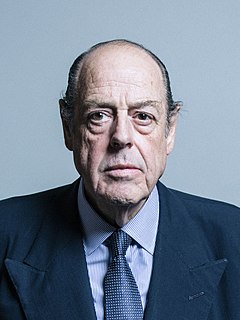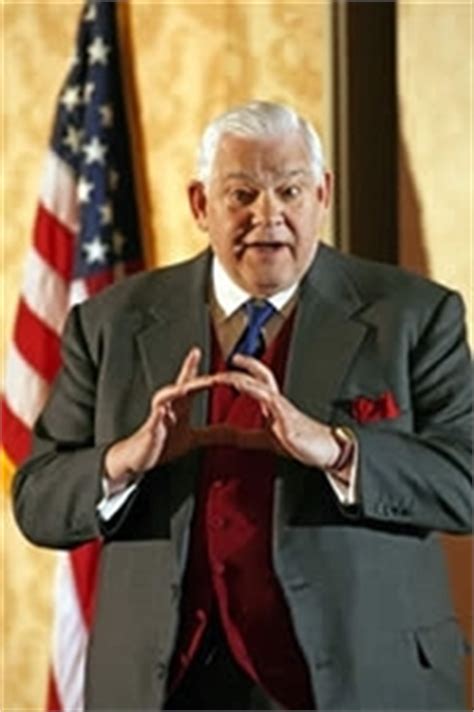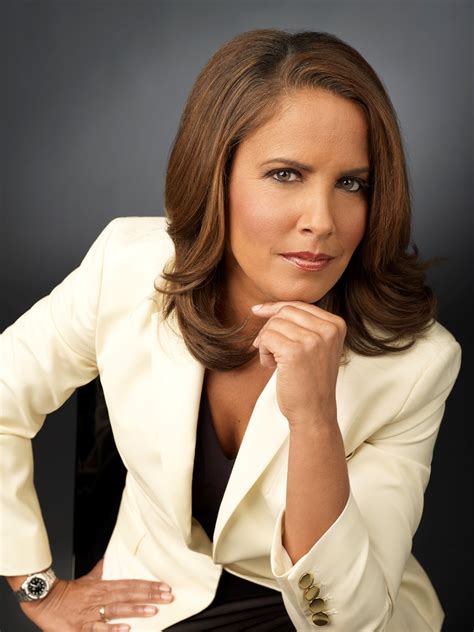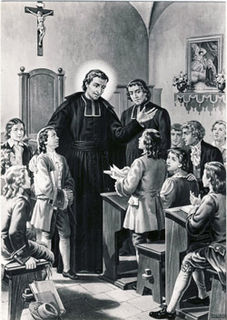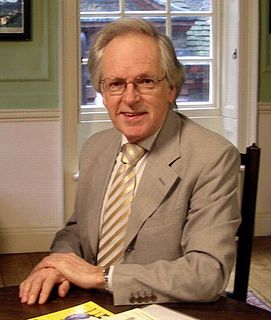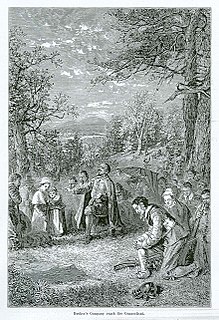A Quote by Nicholas Soames
Unlike his father, Churchill was not a natural speaker.
Related Quotes
Adlai Stevenson, himself a notable speaker, often reminisced about his last meeting with Churchill. I asked him on whom or what he had based his oratorical style. Churchill replied, "It was an American statesman who inspired me and taught me how to use every note of the human voice like an organ." Winston then to my amazement started to quote long excerpts from Bourke Cockran's speeches of 60 years before. "He was my model," Churchill said. "I learned from him how to hold thousands in thrall."
When Prime Minister Neville Chamberlain's government fell in May 1940, the nation turned to Churchill. At last, his unique qualities were brought to bear on a supreme challenge, and with his unshakable optimism, his heroic vision, and above all, his splendid speeches, Churchill roused the spirit of the British people.
As in the natural life a child must have a father and a mother, so in the supernatural life of grace a true child of the Church must have God for his Father and Mary for his mother. If he prides himself on having God for his Father but does not give to Mary the tender affection of a true child, he is an impostor and his father is the devil.
Churchill: "Madam, would you sleep with me for five million pounds?" Socialite: "My goodness, Mr. Churchill... Well, I suppose... we would have to discuss terms, of course... " Churchill: "Would you sleep with me for five pounds?" Socialite: "Mr. Churchill, what kind of woman do you think I am?!" Churchill: "Madam, we've already established that. Now we are haggling about the price
My toils in the quotation field have led me to formulate two or three laws about the way people use and abuse quotations. My first law is: When in doubt, ascribe all quotations to Bernard Shaw - which I don't mean to be taken literally, but as a general observation of the habit people have of attaching remarks to the nearest obvious speaker. Churchill, Wilde, Orson Welles and Alexander Woollcott are other useful figures upon whom to father remarks when you don't know who really said them.
When the father is going on in his journey, if the child will not goe on, but stands gaping upon vanity, and when the father calls, he comes not, the onely way is this: the father steps aside behind a bush, and then the child runs and cries, and if he gets his father againe, he forsakes all his trifles, and walkes on more faster and more cheerefully with his father than ever.
The individual man, in introspecting the fact of his own consciousness, also discovers the primordial natural fact of his freedom: his freedom to choose, his freedom to use or not use his reason about any given subject. In short, the natural fact of his "free will." He also discovers the natural fact of his mind's command over his body and its actions: that is, of his natural ownership over his self.
